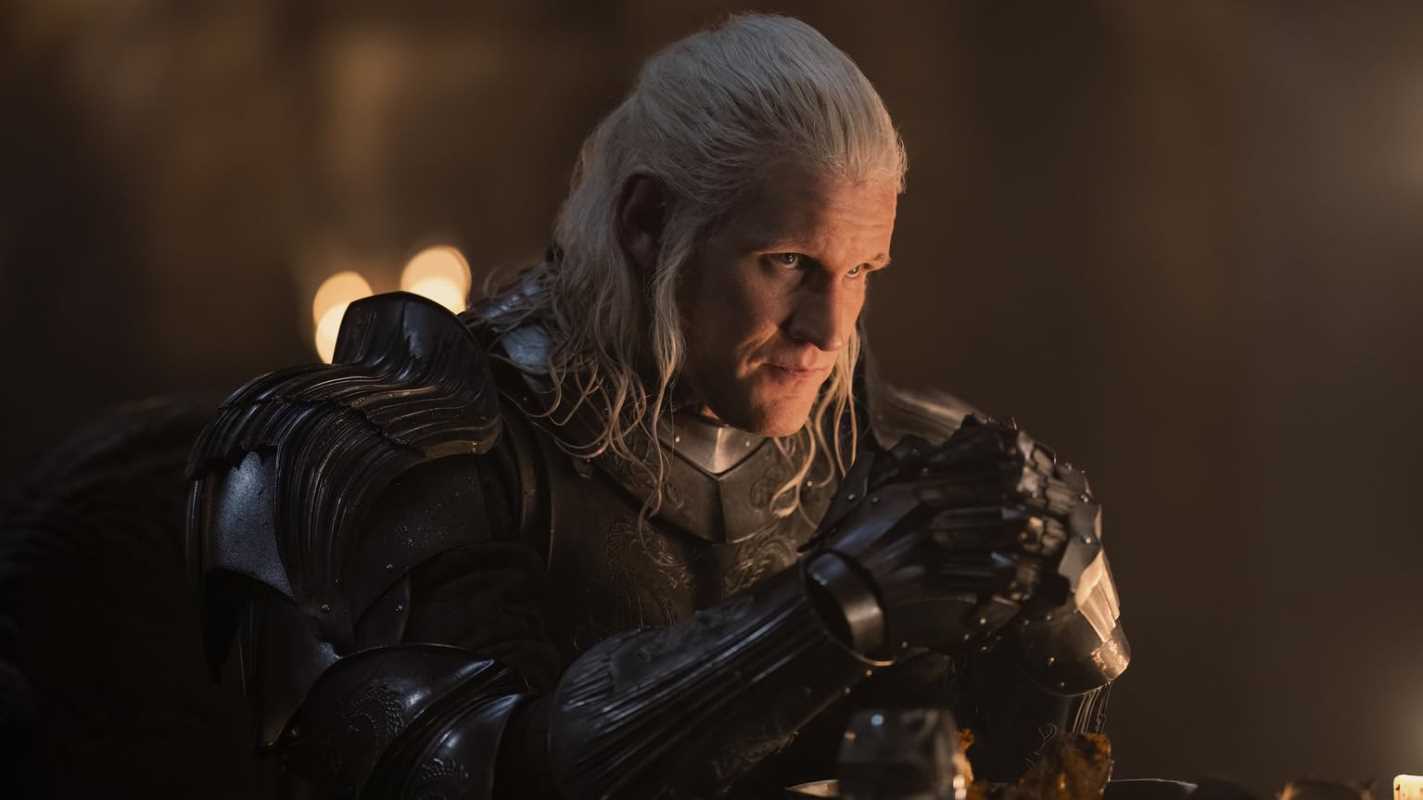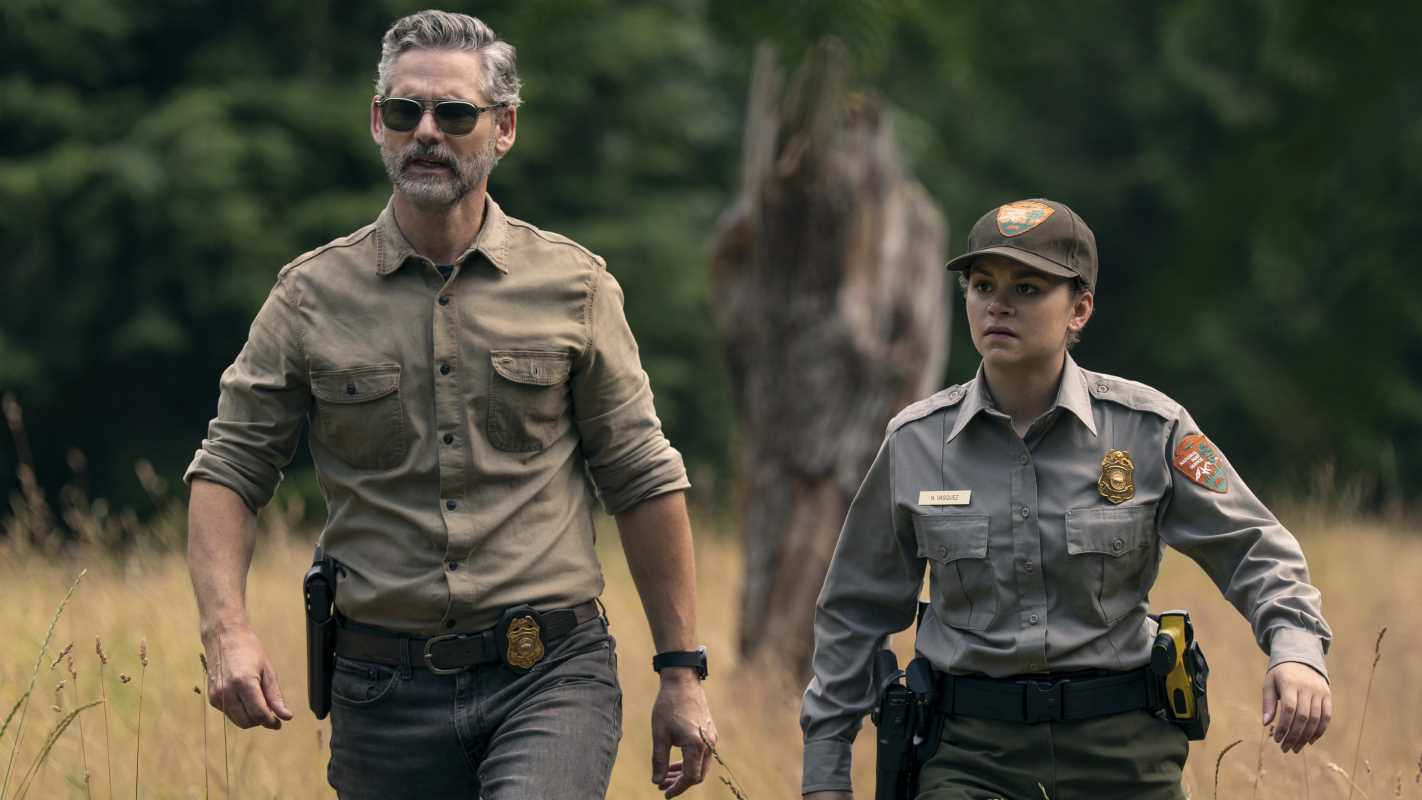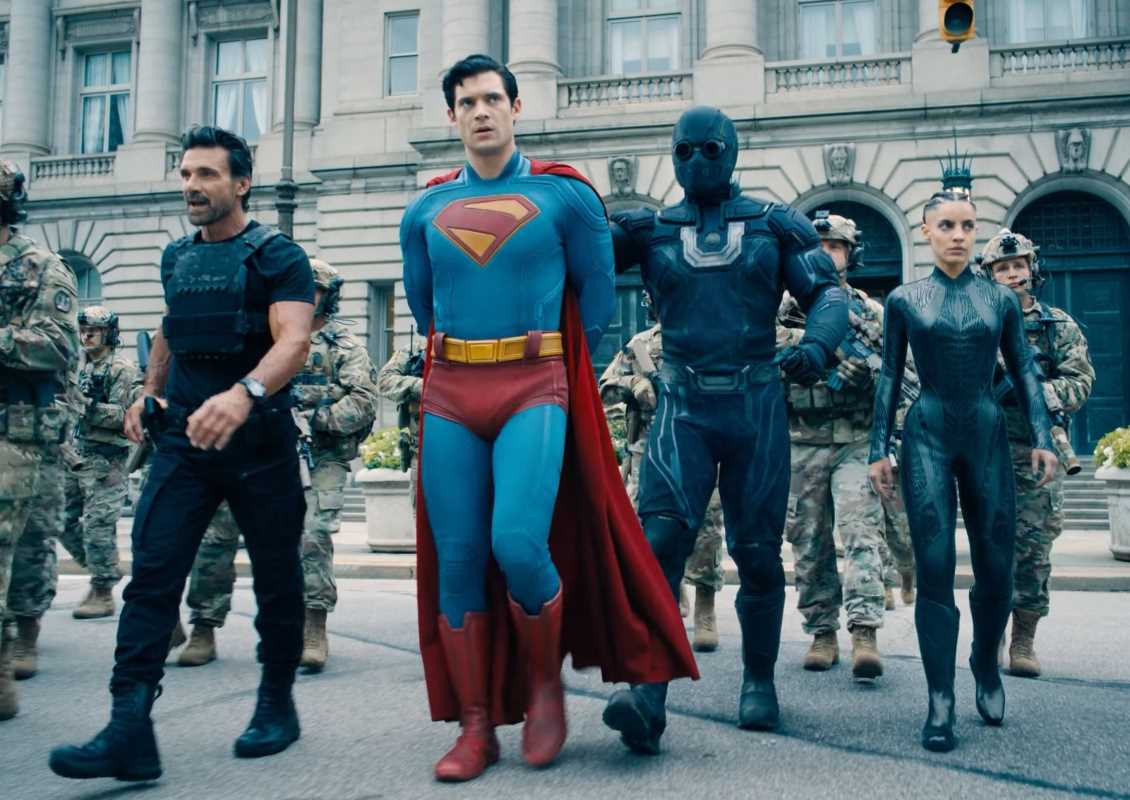House of the Dragon Season 2 emerges as a compelling continuation of the Targaryen civil war saga, delivering enhanced character development, intricate political maneuvering, and spectacular visual storytelling. This season successfully builds upon the foundation established in Season 1, addressing previous concerns while introducing new narrative complexities that demonstrate the series' evolution into a mature, distinctive entry within the Game of Thrones universe.
Character Development and Performance Excellence
Season 2 demonstrates remarkable improvement in character development, particularly through Emma D'Arcy's commanding portrayal of Queen Rhaenyra Targaryen. D'Arcy effectively conveys the transformation from reluctant heir to determined ruler, showcasing the psychological toll of war leadership through nuanced performance choices. The character's evolution from idealistic princess to pragmatic queen provides compelling dramatic tension throughout the season's progression.
Paddy Considine's King Viserys, though appearing primarily in flashbacks, continues to influence the narrative through exceptional performance work that reinforces the series' thematic exploration of legacy and consequences. His posthumous presence shapes character motivations and political decisions, demonstrating how past actions reverberate through subsequent events.
Olivia Cooke delivers exceptional work as Queen Alicent Hightower, portraying the character's internal conflict between maternal instincts and political necessities. The performance captures Alicent's gradual recognition of her diminished influence within the Green faction, creating authentic emotional resonance that enhances the series' exploration of power dynamics within patriarchal structures.
Matt Smith's Prince Daemon Targaryen receives expanded development opportunities that allow the actor to demonstrate the character's complexity beyond his established unpredictability. The season explores Daemon's relationship with prophecy and destiny through supernatural elements that add mystical depth to his political machinations.
Political Intrigue and Narrative Sophistication
The series demonstrates significant improvement in political storytelling, presenting multi-layered conflicts that extend beyond simple succession disputes. The exploration of Westerosi lordship dynamics creates authentic medieval political complexity while maintaining accessibility for contemporary audiences.
The season's examination of religious influence through the Faith Militant storyline provides relevant commentary on institutional power while avoiding heavy-handed parallels to contemporary issues. This narrative thread demonstrates sophisticated understanding of how spiritual authority intersects with political control during periods of civil unrest.
The development of regional conflicts beyond King's Landing creates broader world-building opportunities that enhance the series' scope while maintaining narrative focus. The Riverlands subplot particularly benefits from detailed attention to local politics and personal vendettas that drive larger military conflicts.
House Velaryon's internal dynamics receive substantial development through strategic alliances and betrayals that demonstrate how secondary houses navigate primary faction conflicts. These storylines provide valuable perspective on how civil war affects families beyond the immediate royal succession dispute.
Visual Effects and Production Excellence
Season 2 showcases remarkable advancement in dragon animation and aerial combat sequences that establish new standards for television fantasy production. The Battle of Rook's Rest represents the season's visual centerpiece, featuring dragon combat choreography that combines practical effects with digital enhancement to create visceral, believable aerial warfare.
The production design demonstrates increased attention to regional distinctiveness, with each location receiving unique architectural and cultural details that enhance world-building authenticity. The contrast between Dragonstone's volcanic aesthetics and King's Landing's urban complexity provides visual storytelling that supports narrative themes.
Costume design achieves exceptional sophistication through historically-informed choices that reflect character development and political allegiances. The evolution of royal garments throughout the season mirrors the characters' psychological states while maintaining visual consistency with the established aesthetic framework.
The cinematography employs strategic lighting choices that enhance dramatic tension while supporting the series' darker thematic content. Interior scenes particularly benefit from careful attention to shadow and illumination that creates atmospheric depth without sacrificing visual clarity.
Standout Episodes and Narrative Highlights
Episode 4, "The Red Dragon and the Gold," emerges as the season's exceptional achievement, combining character development with spectacular action sequences that demonstrate the series' capacity for both intimate drama and epic spectacle. The episode's structure effectively builds tension through political maneuvering before delivering satisfying resolution through decisive military action.
The season premiere successfully establishes narrative momentum while providing necessary exposition for newcomers without overwhelming returning viewers with repetitive information. The pacing demonstrates improved understanding of audience needs and storytelling economy.
Episode 7's exploration of mystical elements expands the series' supernatural foundation while maintaining connection to political storylines. The integration of prophecy and magic enhances rather than overshadows the human drama, creating balanced fantasy storytelling that serves narrative purposes.
The season finale provides satisfying conclusion to immediate conflicts while establishing foundation for future developments. The episode demonstrates strategic restraint by resolving character arcs without rushed narrative progression that might undermine long-term storytelling objectives.
Areas for Continued Improvement
Despite significant achievements, Season 2 exhibits pacing inconsistencies that occasionally interrupt narrative momentum. Certain episodes prioritize political exposition over character development, creating uneven viewing experiences that may challenge audience engagement during transitional storylines.
Several secondary character storylines receive insufficient development to justify their screen time allocation. The Iron Islands subplot particularly suffers from superficial treatment that fails to provide meaningful contribution to the overarching narrative structure.
The series occasionally relies upon violence for dramatic impact rather than developing organic tension through character conflict and political maneuvering. While the brutal moments serve thematic purposes, more strategic deployment might enhance their emotional significance.
Some dialogue sequences exhibit exposition-heavy construction that interrupts natural conversation flow. Characters occasionally articulate information primarily for audience benefit rather than engaging in authentic interpersonal communication.
Thematic Depth and Cultural Relevance
Season 2 demonstrates sophisticated exploration of power succession dynamics that resonate with contemporary political concerns while maintaining fantasy genre framework. The examination of female leadership within patriarchal structures provides relevant commentary without sacrificing narrative authenticity.
The series' treatment of war consequences extends beyond battlefield casualties to examine psychological trauma and social disruption affecting civilian populations. This thematic development adds emotional weight to political decisions while reinforcing the human cost of dynastic conflicts.
Religious fundamentalism receives nuanced examination through multiple character perspectives that avoid simplistic moral judgments. The complexity of faith-based political movements creates authentic medieval atmosphere while providing relevant contemporary parallels.
Environmental destruction emerges as subtle thematic element through dragon warfare's impact on agricultural regions and civilian settlements. This ecological awareness adds contemporary relevance without overwhelming the fantasy narrative framework.
Comparison to Game of Thrones Legacy
House of the Dragon Season 2 successfully establishes distinct identity while honoring the original series' narrative foundation. The political complexity and character development demonstrate lessons learned from Game of Thrones' later seasons, emphasizing character-driven storytelling over spectacle-focused plotting.
The series demonstrates improved understanding of pacing requirements for complex political narratives, avoiding the compressed timeline issues that affected Game of Thrones' conclusion. Character development receives appropriate attention throughout the season rather than being sacrificed for plot advancement.
The violence and mature content serve narrative purposes rather than existing for shock value, creating more meaningful dramatic impact while maintaining the universe's established tone and expectations.
Accessibility and Newcomer Appeal
Season 2 provides adequate context for viewers unfamiliar with Game of Thrones mythology while rewarding longtime fans with detailed world-building and character connections. The balance between accessibility and depth creates viewing experiences that accommodate diverse audience familiarity levels.
The series maintains visual and tonal consistency that creates seamless integration with existing franchise expectations while establishing unique aesthetic identity that differentiates it from predecessor series.
Final Assessment and Recommendation
House of the Dragon Season 2 represents substantial improvement over its inaugural season while establishing foundation for continued narrative development. The enhanced character work, political sophistication, and visual excellence create compelling television that justifies investment in the expanding Game of Thrones universe.
For franchise enthusiasts, Season 2 provides satisfying expansion of beloved fictional world through compelling new characters and storylines that honor established mythology while creating fresh dramatic possibilities. The political intrigue and dragon warfare combine to deliver entertainment that meets elevated expectations established by the franchise legacy.
Newcomers will find accessible entry point into richly developed fantasy universe without requiring extensive background knowledge. The season's political themes and character relationships provide universal appeal that extends beyond genre-specific audience segments.
Rating: 8/10
 (Image via
(Image via

.jpg)



